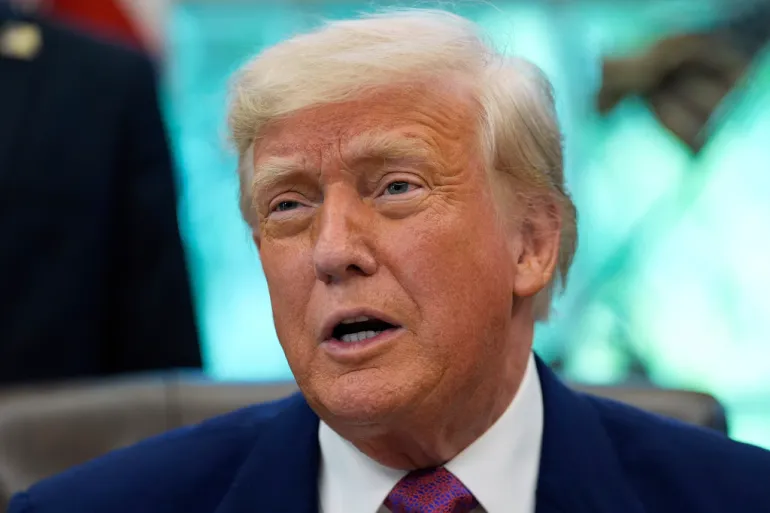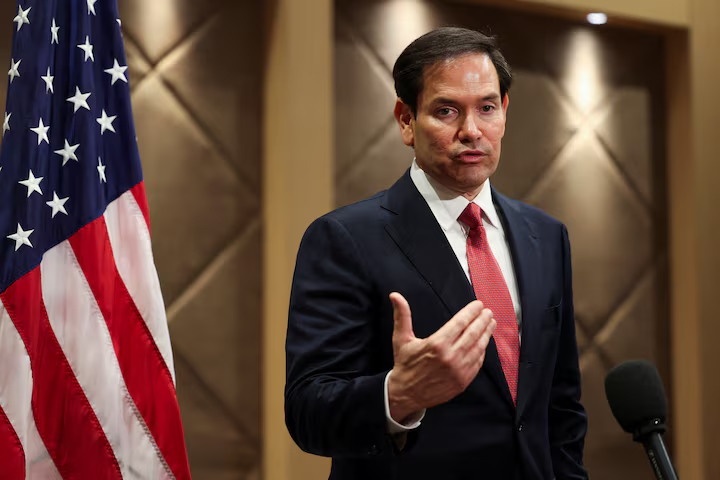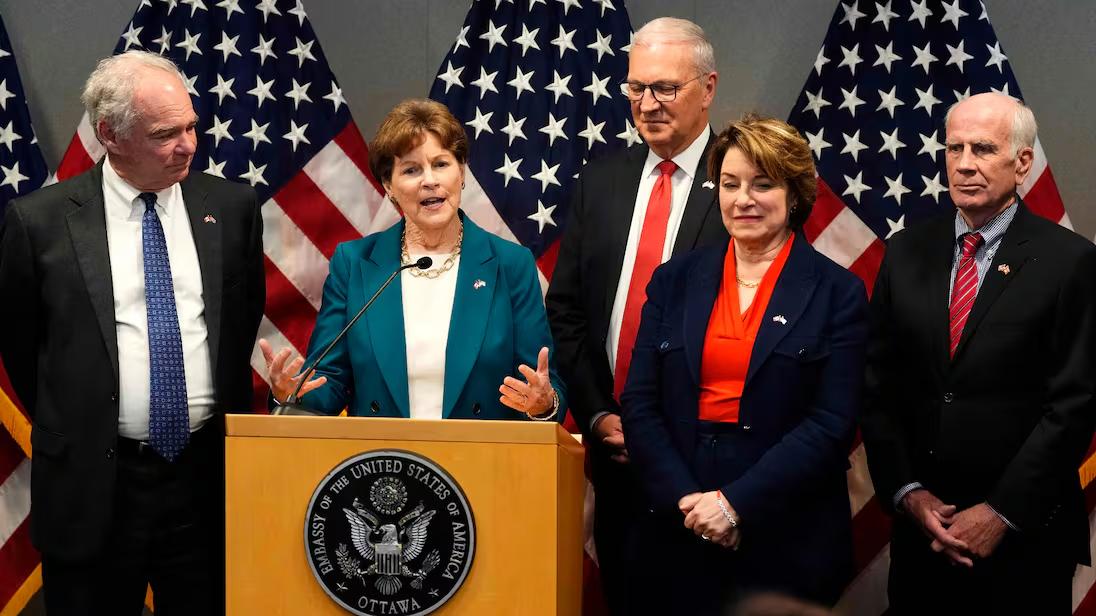Former U.S. President Donald Trump has embarked on a three-day tour of the Gulf, marking his first major foreign trip since returning to office in January 2025. His itinerary includes high-stakes visits to Saudi Arabia, Qatar, and the United Arab Emirates (UAE), aimed at solidifying economic ties, promoting regional security cooperation, and reigniting efforts to normalize relations between Arab nations and Israel. The trip, however, is already drawing criticism and raising ethical questions, particularly regarding a reported jet gift from Qatar.
In Saudi Arabia, Trump is seeking to finalize a colossal economic investment agreement. The crown jewel of this leg of the tour is a proposed $1 trillion Saudi investment in U.S. infrastructure and industry, expanding upon a previously announced $600 billion pledge by Crown Prince Mohammed bin Salman. Trump, accompanied by business executives and top White House aides, is also pushing for a massive arms package. According to U.S. officials, Saudi Arabia is expected to sign off on more than $100 billion in weapons purchases, ranging from missile defense systems to advanced transport aircraft.
However, the diplomatic side of Trump’s mission faces hurdles. The former president has expressed a renewed interest in expanding the Abraham Accords to include Saudi Arabia. Yet, Riyadh appears hesitant. Crown Prince Mohammed bin Salman has reportedly paused normalization talks, signaling that no deal will move forward until concrete steps are taken toward the establishment of a Palestinian state. This stance complicates Trump’s ambitions of reshaping the region’s alliances under U.S. patronage.
In Qatar, Trump is holding bilateral meetings with Emir Sheikh Tamim bin Hamad Al Thani. The agenda includes security cooperation and potential Qatari investments in American infrastructure. But attention has been drawn away from official diplomacy by a controversial report: Qatar has reportedly offered Trump a Boeing 747-8 jet, valued at over $400 million. The aircraft, originally meant to replace Air Force One, was allegedly offered as a personal gift, potentially for future presidential or post-presidential use, such as housing a Trump library.
The offer has sparked intense debate in Washington. While the Department of Justice and White House legal counsel have reportedly cleared the gift as technically legal, critics argue that it violates the Emoluments Clause of the U.S. Constitution. Legal scholars and political opponents alike warn that such a gift could compromise national interests and set a troubling precedent for foreign influence over the presidency. Some Trump supporters have also expressed concern about the optics of accepting such a lavish gesture from a foreign government.
In the United Arab Emirates, Trump is scheduled to meet President Mohammed bin Zayed Al Nahyan to discuss expanding joint ventures in energy, real estate, and defense. The Trump Organization has already announced new real estate developments in Dubai, signaling a blending of Trump’s business and political pursuits that critics say echoes concerns from his first term in office.
Meanwhile, regional leaders are pushing back against Trump’s reported proposal to place Gaza under U.S. administration and relocate Palestinian residents—a plan described by many as extreme and unrealistic. At a recent summit in Riyadh, leaders from seven Arab nations, including Egypt and Jordan, firmly rejected the idea. Instead, they renewed calls for reconstruction efforts in Gaza and the advancement of a viable two-state solution.
Israeli officials, on the other hand, are voicing growing concern about their exclusion from key decisions. Tel Aviv is reportedly frustrated over not being consulted on matters including hostage negotiations with Hamas and the U.S.’s sudden cessation of military strikes against Iranian-aligned Houthi forces in Yemen. Trump’s unpredictability, once seen as a strength by Israeli leadership, is now viewed as a liability.
As Trump’s Gulf tour continues, it underscores both his administration’s ambition to reassert U.S. influence in the Middle East and the contentious ethical and diplomatic issues shadowing his return to global diplomacy.
Source; Al jazeera



